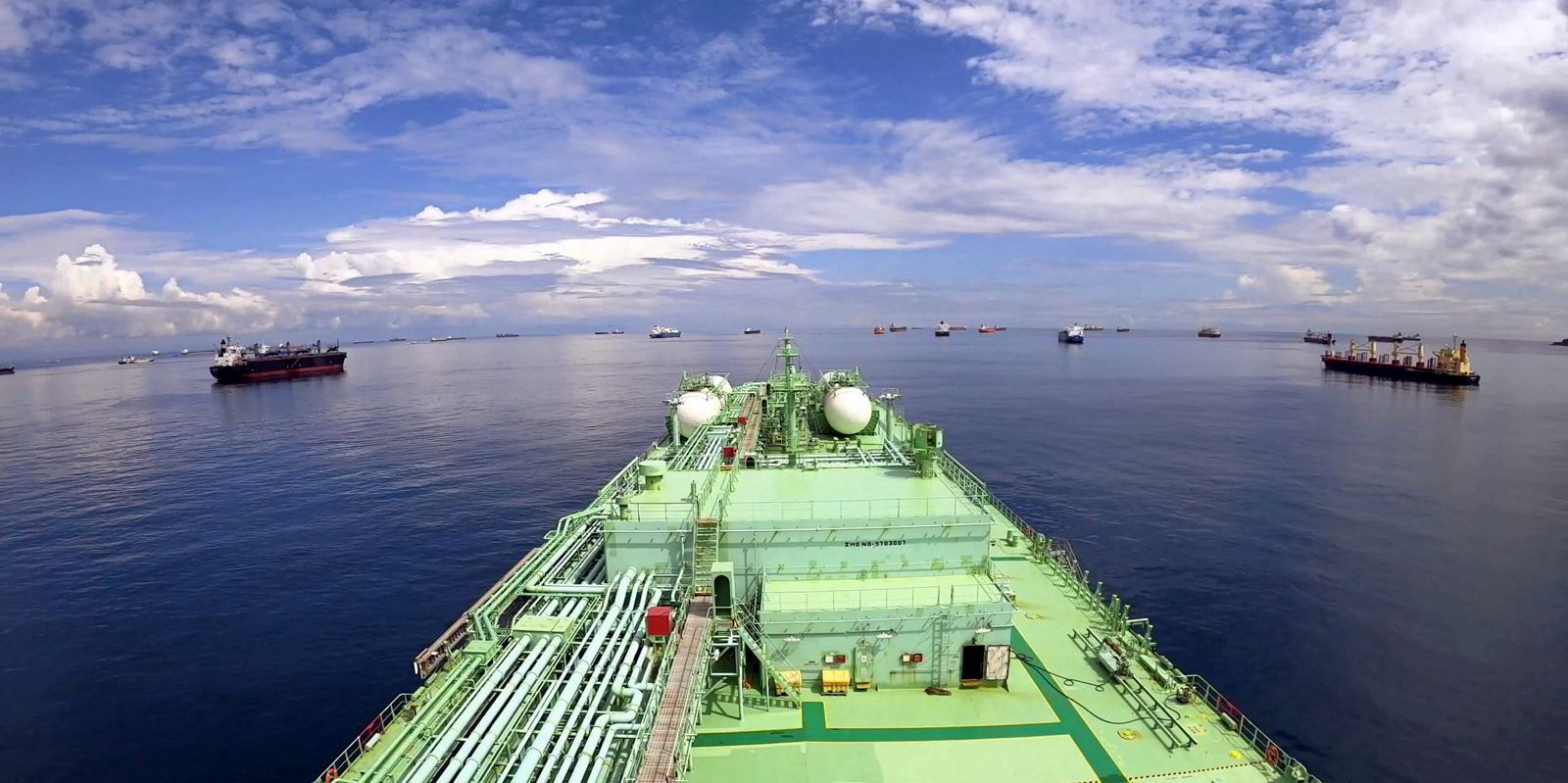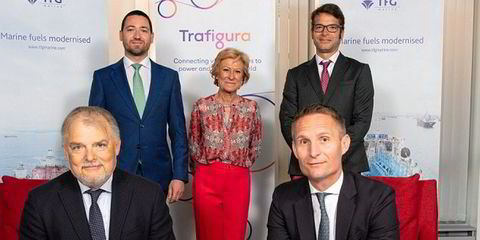VLGC owners are enduring a tricky period of falling rates as cargo numbers fall.
The Baltic Exchange assessed Middle East Gulf to Asia spot earnings as down 45% in a week at $33,800 per day.
Clarksons Securities said rates continued to fall following a brief rebound earlier in January.
Brokers reported limited activity throughout the past week, which put pressure on numbers.
As Chinese New Year celebrations begin, activity is not expected to increase until the festivities have ended, the investment bank said.
“Additionally, industry sources have reported maintenance and production problems in the Middle East,” Clarksons Securities said.
Brokers have noted a decrease in exports from Iran, for example.
Sister company Clarksons Research said there has been further softening in market conditions despite firm LPG demand in Asia and a wide arbitrage with the West, and the number of cargoes on offer has been “insufficient to absorb all available vessels”.
Spot rates from the US Gulf to Japan dropped 12% week on week to $55,746 per day on Monday and now stand at $38,900 per day.
Cleaves Securities said there has been “a significant downward correction” in both hemispheres.
Volumes falling back
In the East, volumes fell back as Saudi Arabia and the United Arab Emirates carried out planned maintenance, the investment bank reported.
Shipbroker Poten & Partners has, meanwhile, been examining the Indonesian LPG market.
It said declining production there since 2019 has corresponded with a simultaneous rise in imports.
“As natural gas reserves have depleted, Indonesia has been forced to go into international markets to meet domestic LPG demand,” the US shop said.
LPG production fell by 40% between 2019 and 2022 to 1.6m tonnes, but these drops are forecast to reverse in the near term.
Indonesia consumed roughly 8.3m tonnes of LPG last year, of which 6.7m tonnes were imported.
The Middle East supplied 53% of this, while the share from the US dropped to 40%.
“With high LPG prices around the globe, the Indonesian government has been working hard to reduce reliance on imports,” Poten said.
Imports are forecast to remain flat for 2023 and rise to 6.9m tonnes as demand growth outpaces production increases.






